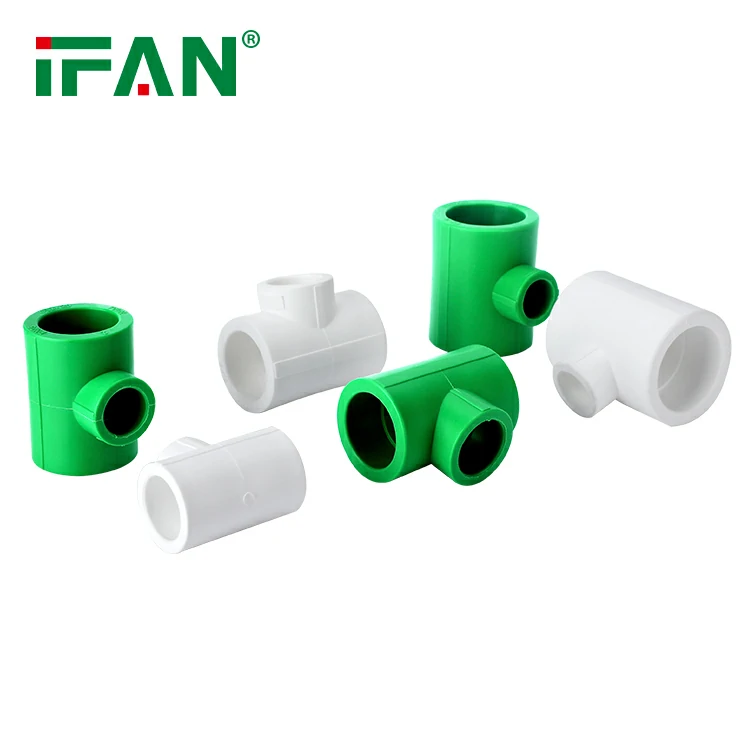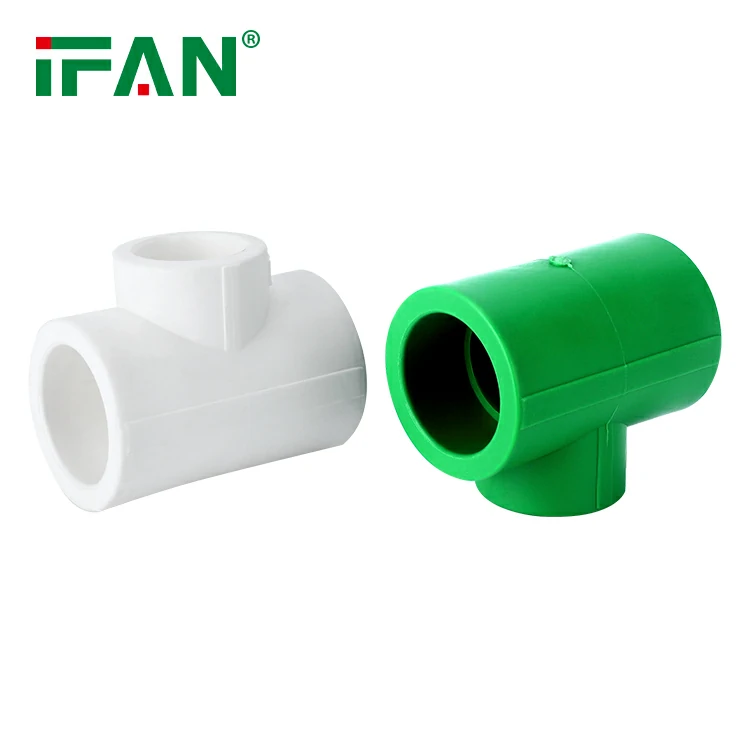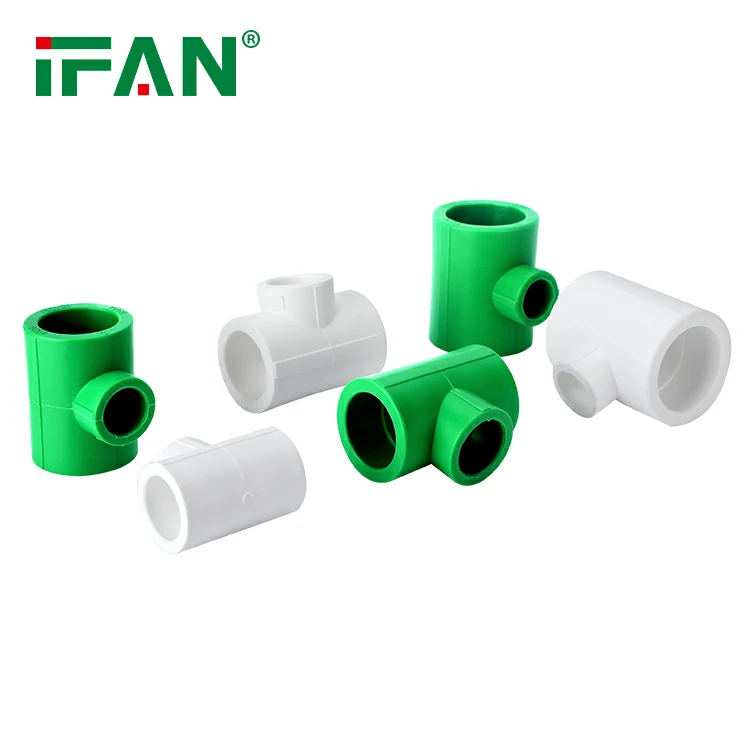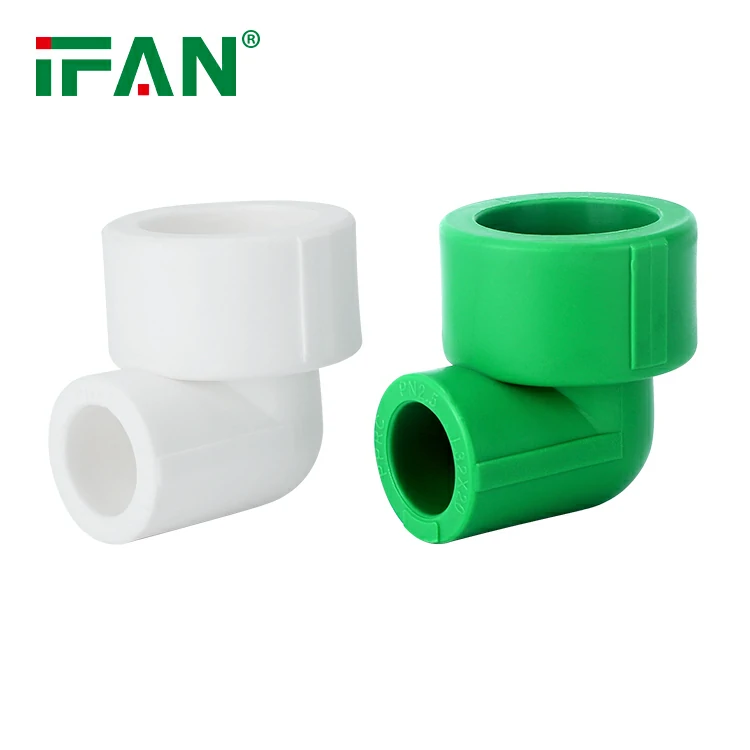The plumbing industry is continually evolving, driven by advancements in technology and increased consumer awareness regarding sustainability and efficiency. Among these significant developments is the rise of PEX (cross-linked polyethylene) pipes, which have become a popular choice for plumbing applications due to their flexibility, durability, and resistance to corrosion. As we move toward 2032, understanding the market trends and insights regarding PEX pipes is essential for manufacturers, architects, contractors, and homeowners alike. This article will explore the current and projected market size, key insights, emerging trends, and various factors impacting the PEX piping industry.
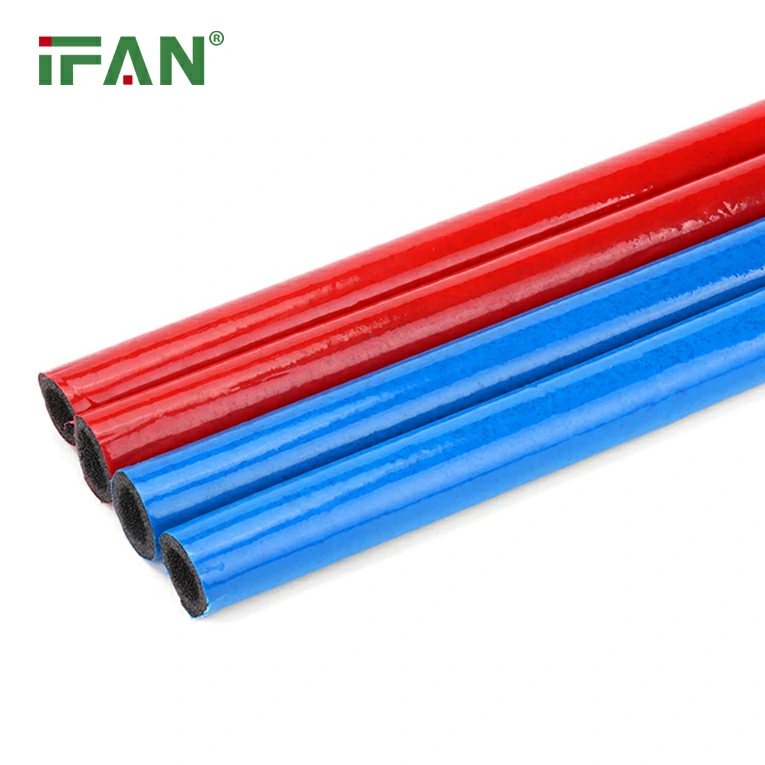
Understanding PEX Pipes
What are PEX Pipes?
PEX pipes are plastic tubing materials made from cross-linked polyethylene. They are primarily used for water supply lines, radiant heating systems, and various plumbing applications. Compared to traditional materials such as copper and PVC, PEX pipes offer numerous advantages, including:
- Flexibility: PEX pipes can easily bend and curve, simplifying installations and reducing the need for multiple fittings.
- Corrosion Resistance: Unlike metal pipes, PEX does not rust or corrode, ensuring longevity and maintaining water quality.
- Ease of Installation: PEX is lightweight and easy to work with, which reduces labor costs and installation time.
- Low Thermal Conductivity: PEX helps retain heat in hot water lines, leading to energy efficiency.
PEX Pipes Market Size and Forecast
Current Market Size
As of 2023, the global PEX pipes market is valued at approximately $XX billion. This figure reflects not only the growing demand for efficient plumbing solutions but also the increasing acceptance of PEX pipes in various sectors, including residential, commercial, and industrial applications.
Projected Growth
The PEX pipes market is expected to grow at a CAGR (Compound Annual Growth Rate) of approximately XX% from 2023 to 2032, driven by several key factors, including technological advancements, increased construction activities, and rising awareness about sustainable plumbing materials.
Regional Insights
The PEX market is experiencing significant growth across various regions:
- North America: The U.S. is one of the largest markets for PEX pipes, driven by a booming housing sector and rising demand for energy-efficient construction practices.
- Europe: The European market is also expanding due to strict regulations regarding energy-efficient buildings and the increased adoption of plumbing systems utilizing green technologies.
- Asia-Pacific: Rapid urbanization, infrastructure development, and rising disposable incomes in countries like China and India are projected to drive immense growth in the PEX market in this region.
Key Insights and Factors Driving Growth
1. Rising Demand for Sustainable Solutions
As environmental concerns rise, consumers and businesses are actively seeking more sustainable plumbing solutions. PEX pipes offer advantages such as energy efficiency, resistance to corrosion, and longevity, making them a preferred choice over traditional materials.
2. Technological Advancements
Innovations in PEX manufacturing, including bio-based and carbon-reduced PEX formulations, have produced pipes that are both high-performing and environmentally friendly. These advancements enable manufacturers to create products with a smaller carbon footprint, appealing to environmentally conscious consumers.
3. Rapid Urbanization and Construction Growth
The ongoing growth of urban populations resulting in significant infrastructure development and housing construction has led to increased demand for reliable plumbing systems. PEX pipes are often favored in new construction due to their efficiency and ease of installation.
4. Increased Awareness of Energy Efficiency
Awareness regarding energy conservation and efficiency is growing among homeowners and builders, driving demand for PEX pipes, which help maintain water temperatures in heating systems and lower energy bills over time.
5. Regulatory Support and Incentives
Governments worldwide are implementing regulations and incentives to promote sustainable building practices. This support aids the growth of the PEX market as builders and developers adopt materials that comply with new energy-efficiency standards.
Emerging Trends in the PEX Market
1. Innovative Manufacturing Processes
Manufacturers are increasingly adopting innovative production technologies to enhance the performance and sustainability of PEX pipes. Techniques for improving cross-linking processes and utilizing renewable resources are gaining traction.
2. Smart PEX Solutions
With the rise of smart home technology, there is an increasing trend toward integrating smart monitoring systems with PEX plumbing installations. These systems can monitor water usage, detect leaks, and optimize heating processes, enhancing system efficiency.
3. Expansion in Commercial Applications
While PEX is popular in residential installations, its use in commercial and industrial applications is on the rise. Businesses are recognizing the benefits of PEX in scenarios with growing plumbing demands and complex systems.
4. Increased Focus on Recycling and Sustainability
As the conversation around waste reduction intensifies, manufacturers are looking for ways to recycle PEX materials and develop pipes that can be recycled at the end of their life cycle. This trend aligns with the broader movement toward a circular economy in the construction industry.
5. Customization and Specialty Solutions
PEX manufacturers are expanding their product ranges to include customized solutions tailored to specific applications, such as specialized fittings, coatings for unique environments, and variations for radiant heating systems.
Challenges in the PEX Pipes Market
While the outlook for PEX pipes is positive, there are some challenges that may hinder market growth:
- Price Fluctuations: Variability in the raw material costs can impact pricing, making PEX less attractive compared to lower-cost alternatives.
- Competition from Other Materials: Traditional materials like copper and newer technologies such as PVC and CPVC still pose competition in certain markets and applications.
- Regulatory Barriers: Variations in plumbing regulations across regions can affect market adoption and require manufacturers to adapt products to meet local standards.
Conclusion
The PEX pipes market is poised for significant growth as consumers become more environmentally conscious and demand sustainable plumbing solutions increases. With technological advancements and a focus on recycling, the future of PEX looks promising. By understanding the current market size, trends, and factors driving growth, industry professionals and eco-conscious homeowners can make informed decisions that align with their goals for sustainability and efficiency.
Frequently Asked Questions (FAQs)
- What are PEX pipes, and why are they popular?
- PEX pipes are flexible plastic tubing made from cross-linked polyethylene, known for their ease of installation, durability, and corrosion resistance, making them a preferred choice for plumbing applications.
- How is the demand for PEX pipes expected to change by 2032?
- The global PEX pipes market is projected to grow significantly, with a compound annual growth rate (CAGR) of approximately XX%, driven by advancements in technology and increased demand for energy-efficient solutions.
- Are PEX pipes sustainable?
- Yes, many modern PEX pipes are produced with sustainable practices, including bio-based materials and carbon-reduced manufacturing processes, significantly lowering their environmental impact.
- What applications are suitable for PEX piping?
- PEX pipes are versatile and can be used in residential plumbing, radiant floor heating, commercial applications, and even fire protection systems.
- Do PEX pipes require special fittings?
- Yes, PEX pipes require specific fittings and connectors designed for PEX systems to ensure leak-free connections and reliable performance.
By staying informed about the PEX pipes market, homeowners and industry professionals can align their plumbing choices with sustainability goals while ensuring efficient and effective plumbing solutions.

